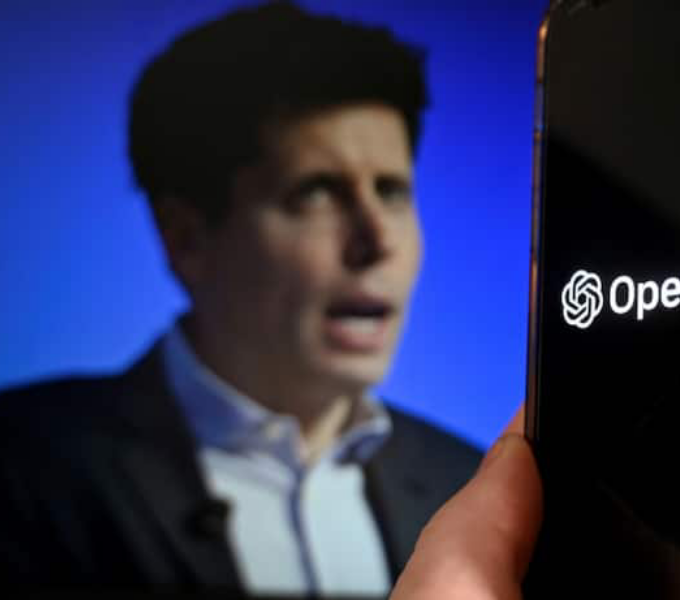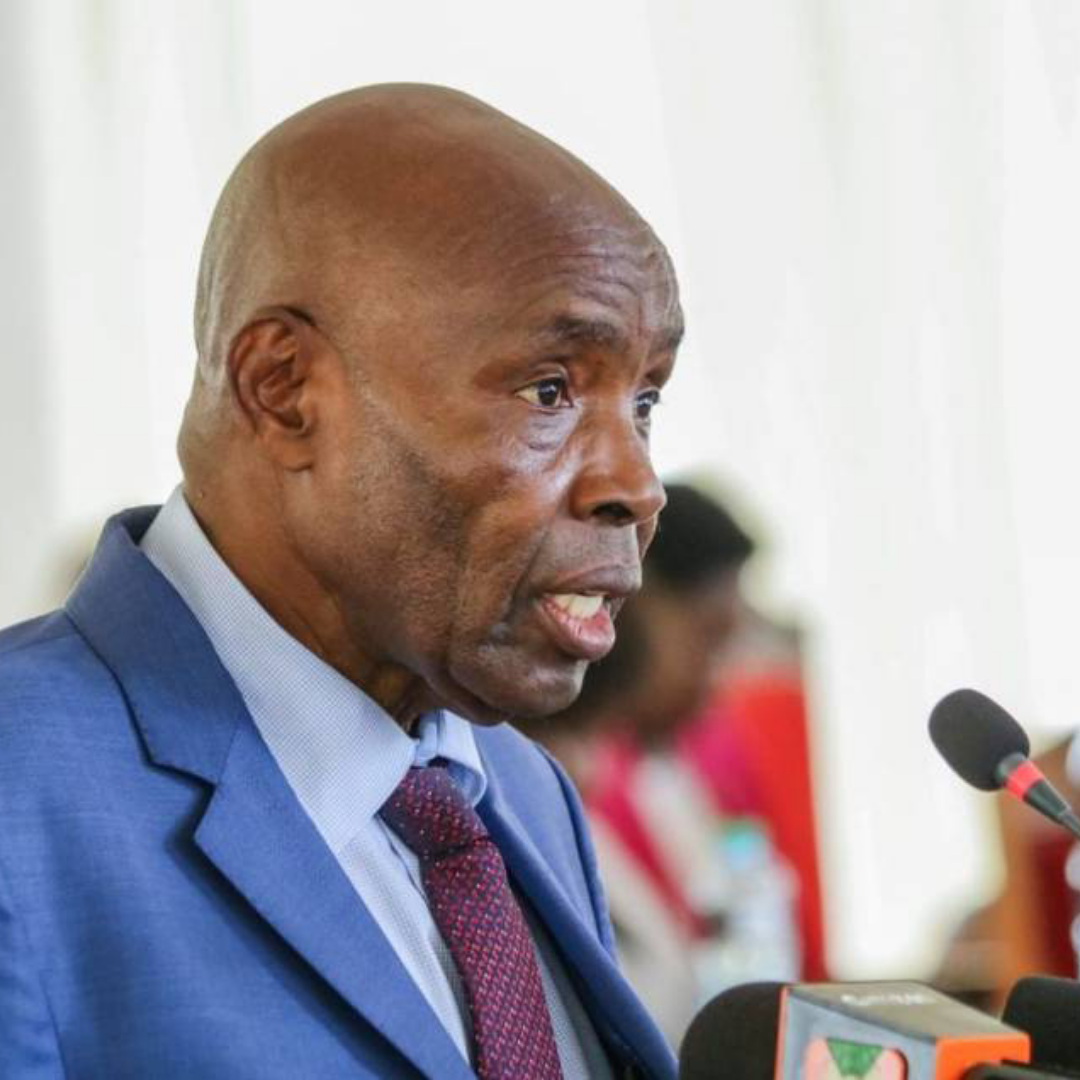
Unveiling the OpenAI Odyssey Sam Altman’s Departure, Microsoft’s Gamble, and the Unsettled Future of AI

In a surprising turn of events, Silicon Valley luminary Sam Altman found himself ousted from his leadership role at OpenAI, a pivotal player in the artificial intelligence arena. This abrupt move, coupled with Altman’s swift transition to Microsoft, has cast a shadow over OpenAI’s future, even as the broader landscape of AI technology is on the brink of significant growth.
For the past seven years, Microsoft has been a crucial partner for OpenAI, channeling substantial financial support into the startup and seamlessly integrating its innovations into Microsoft products. The cloud computing power housed in Microsoft’s data centers played a pivotal role in training large-scale language models, including the widely used ChatGPT, which was released to the public a year ago.
#SamAltman just got fired as OpenAI’s CEO.🤯He skyrocketed its value from 0 to $80B and is still out.#Microsoft loses ~$48 billion on market cap on this news. That’s losing a 2x Delta Air Lines or almost 1 Target.
Sam Altman RN: pic.twitter.com/rcKTxo6yUM
— Amit Misra (@amit6060) November 18, 2023
In return, Microsoft leveraged ChatGPT technology in its software offerings, such as Word, Outlook, and the Bing search engine.
Despite Microsoft’s substantial investments and stake in OpenAI, the tech giant was blindsided by the sudden removal of Altman and co-founder Greg Brockman from the board.
Speculation surrounds the motive behind this decision, with some suggesting concerns that OpenAI was deviating from its mission to ensure AI benefits humanity.
Microsoft wasted no time in securing Altman, announcing his leadership of a new artificial intelligence team based in Redmond, Washington.
This move triggered a ripple effect, with OpenAI employees expressing solidarity and a willingness to follow Altman. Reports have surfaced that the OpenAI board is actively seeking Altman’s return, and discussions on the matter are reportedly underway.
In a streamed interview, Microsoft’s CEO Satya Nadella expressed openness to collaborating with Altman, regardless of his eventual destination.
Nadella emphasized the need for “governance changes” at OpenAI to prevent future disruptive surprises.
Meanwhile, OpenAI employees have called for board resignations, and nearly 700 out of 770 employees have threatened to quit if Altman doesn’t return—an exodus that could jeopardize the very existence of the company.
Even if Altman were to return, the fallout from these events has left Microsoft’s partnership with OpenAI strained, impacting the value of Microsoft’s investment.
Competitors are seizing the opportunity to narrow the gap in the AI race, slowing down the momentum of a company once perceived as a frontrunner.
As OpenAI grapples with internal discord, the broader AI landscape is witnessing the emergence of startups founded by OpenAI veterans, such as Anthropic, Elon Musk’s xAI, and InflectionAI.
Giants like Google and Meta are heavily investing in their AI models, Bard and Llama 2, integrating them into their products. Simultaneously, the open-source community poses a challenge, freely sharing models for developers to adapt and enhance, intensifying the competitive landscape for private tech firms.









